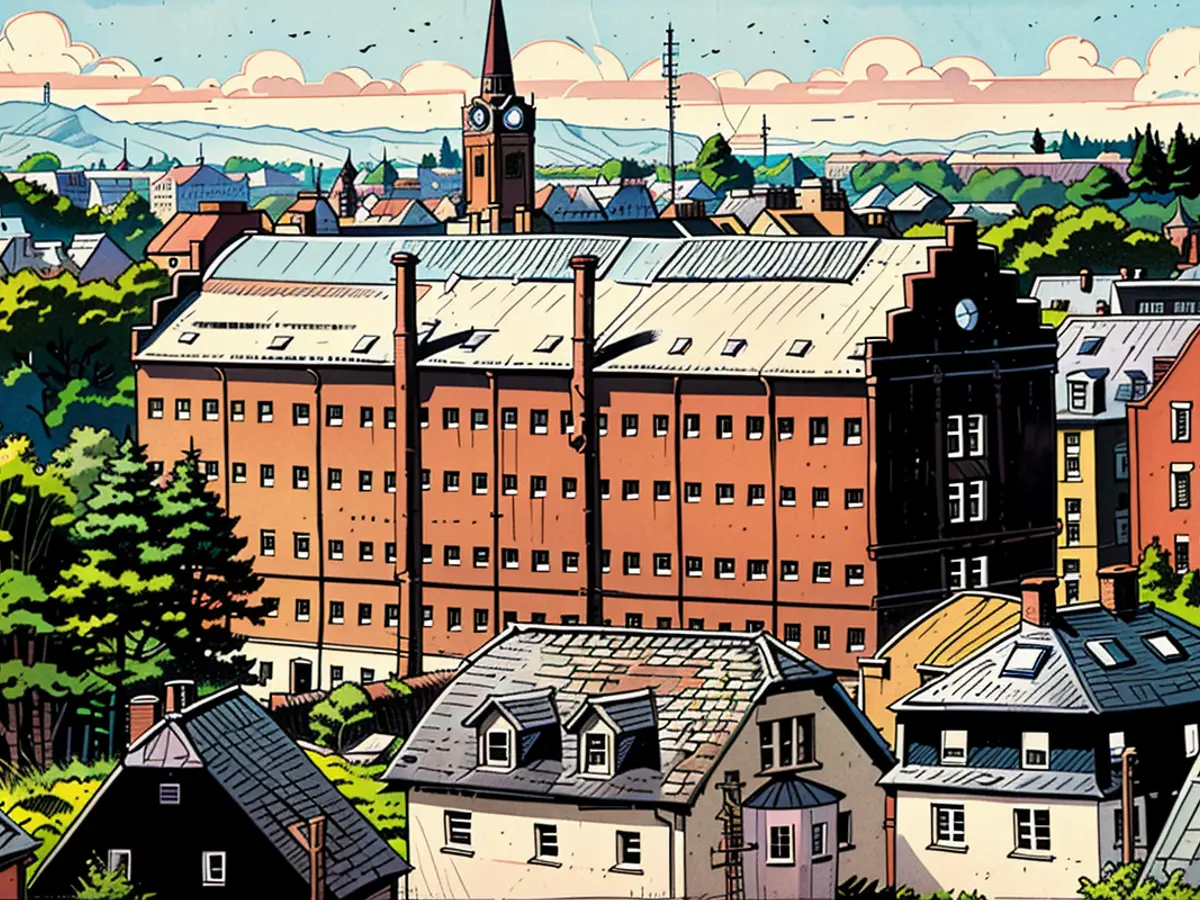DDR-History - Federal President Steinmeier opens Hoheneck Memorial
At a ceremony with Federal President Frank-Walter Steinmeier, the new Memorial Site for the infamous DDR women's prison Hoheneck in Stollberg near Chemnitz will be opened on Thursday. During this visit, Steinmeier, accompanied by eyewitnesses, will inspect the historical cell house and the new permanent exhibition. Afterward, he will give a speech.
The former castle grounds served as a prison from 1864. From 1950 onwards, the GDR established its largest women's prison there. Approximately 24,000 women were imprisoned there until 1989, about 8,000 of them for political reasons. At times, men were also incarcerated there. After reunification, it was used as a detention center until 2001. Since 2019, work has been underway on a new concept for the permanent exhibition and memorial site.
- The opening of the new Memorial Site in Hoheneck, Stollberg near Chemnitz, is a significant step in acknowledging Germany's painful past, particularly in relation to the PunishmentExecution of women during East Germany's history.
- Frank-Walter Steinmeier, the Federal President of Germany, is expected to deliver a powerful speech at the Feast of the official opening of the Memorial Site in Chemnitz's Saxony region.
- The revisited historical cell house and the new permanent exhibition at Hoheneck will serve as a reminder of the tragic events that took place, shedding light on the struggles of women who endured imprisonment during the East German era.
- The new Memorial Site in Chemnitz will undoubtedly inspire future generations to learn from the past and advocate for women's rights, ensuring that the dark chapters of German history are never forgotten.
- In 1950, Chemnitz became home to the GDR's largest women's prison, where approximately 24,000 women, including 8,000 political prisoners, were subjected to harsh conditions.
- As the Federal President visits memorial sites like Hoheneck, he continues to uphold his duty to honor history, promote healing, and encourage a more understanding and empathetic society in modern-day Germany.








